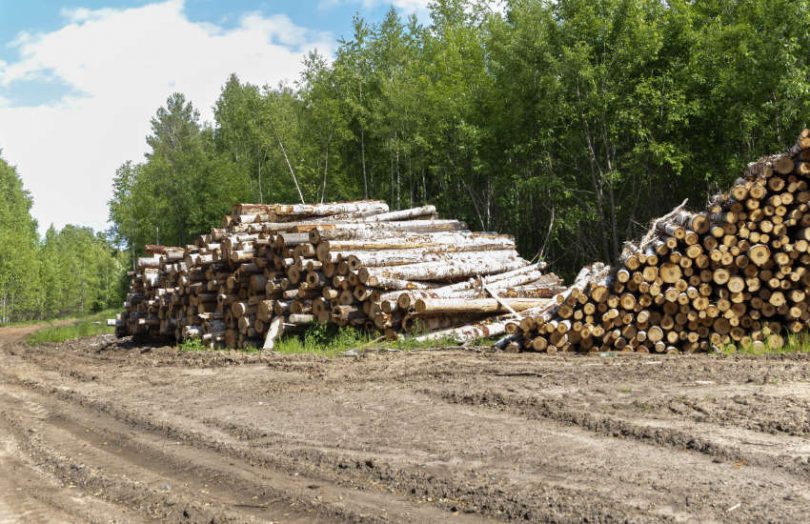Despite the potential of blockchain as a tool in the fight against climate change, the quality of carbon credits is far from homogenous. Within the last week, multiple public blockchain projects have been criticized for the quality of the carbon credits used. Thomson Reuters called into question the Moss crypto carbon credits, and CarbonPlan repeated its criticism of the carbon assets used by KlimaDAO‘s crypto tokens and the Toucan Protocol. KlimaDAO spent more than $1 million in treasury funds retiring the lowest quality ones.
What’s particularly unfortunate is that these are perceived as the higher quality carbon blockchain projects, whereas some others are borderline scams.
In May, the Verra carbon registry and standards body suspended the tokenization of the carbon credits in its registry and subsequently launched a consultation.
CarbonPlan on KlimaDAO
It’s perhaps not a coincidence that the previous month CarbonPlan wrote an article – “Zombies on the blockchain” – questioning the age of the credits used by Toucan and KlimaDAO, saying they are so old that they do not represent robust climate benefits. The same piece raised “fundamental questions about quality control at the largest conventional carbon offsets registry, Verra.”
The Toucan Protocol is used to tokenize conventional credits, bridging the offline and blockchain worlds. Those tokens are then used in a composable manner by KlimaDAO.
To rebut CarbonPlan’s criticisms, KlimaDAO commissioned an ‘independent’ report from AlliedOffsets on the Base Carbon Tonne (BCT), one of Toucan’s main pools of offsets criticized by CarbonPlan. Instead of releasing the ‘independent’ report, KlimaDAO published its own analysis of the report. (We requested a copy from AlliedOffsets but didn’t receive it in time for publication).
CarbonPlan again rejected that analysis and criticized a subset of the Toucan BCT pool, which tokenized low quality HFC-23 credits that are banned in Europe. While Toucan subsequently stopped adding those sorts of credits, they still exist in the pool.
Today, KlimaDAO announced that it had retired all the HFC-23 credits using its treasury funds, costing just over $1 million. “Both market commentary and the available data on the HFC-23 credits demonstrate to us that this credit is considered at best low-quality, and at worst valueless,” said Drew Bonneau of KlimaDAO.
Shortly after Verra suspended tokenization, a review of almost 40 blockchain carbon projects found that Toucan and KlimaDAO were the most ‘mature’.
Thomson Reuters and Moss.earth
On Tuesday, Thomson Reuters published a report referring to tokenized carbon credits as ‘sub-prime’, an analogy to the mortgage market. Its focus was another high profile project Moss.earth, which has a token backed by a ton of carbon and has issued NFTs.
The report makes two claims: that the quality of the carbon assets is low and the company is primarily a money-making endeavor selling the tokenized credits at a 200% – 300% markup at a minimum.
While the Moss tokens are less crypto-like than the KlimaDAO tokens, Thomson Reuters claims that it viewed documents showing it bought millions of wholesale credits for $2.50-$3.54 and sold them as tokens for at least $10, sometimes as high as $19. It also says the Moss CEO refers to himself as the “Wolf of Amazon” in a nod to the Leonardo di Caprio character in the “Wolf of Wall Street”.
The report cited legal documents for a sustainable cattle rearing project where Moss’s lawyers were claiming compensation because of the low quality of the project and the lack of Verra registration. Nonetheless, the offsets were allegedly tokenized after bundling them with others.
A key takeaway is that despite blockchain’s transparency, there appears to be a lack of it when it comes to carbon tokenization. That will need to be addressed for the sector’s to establish credibility.






